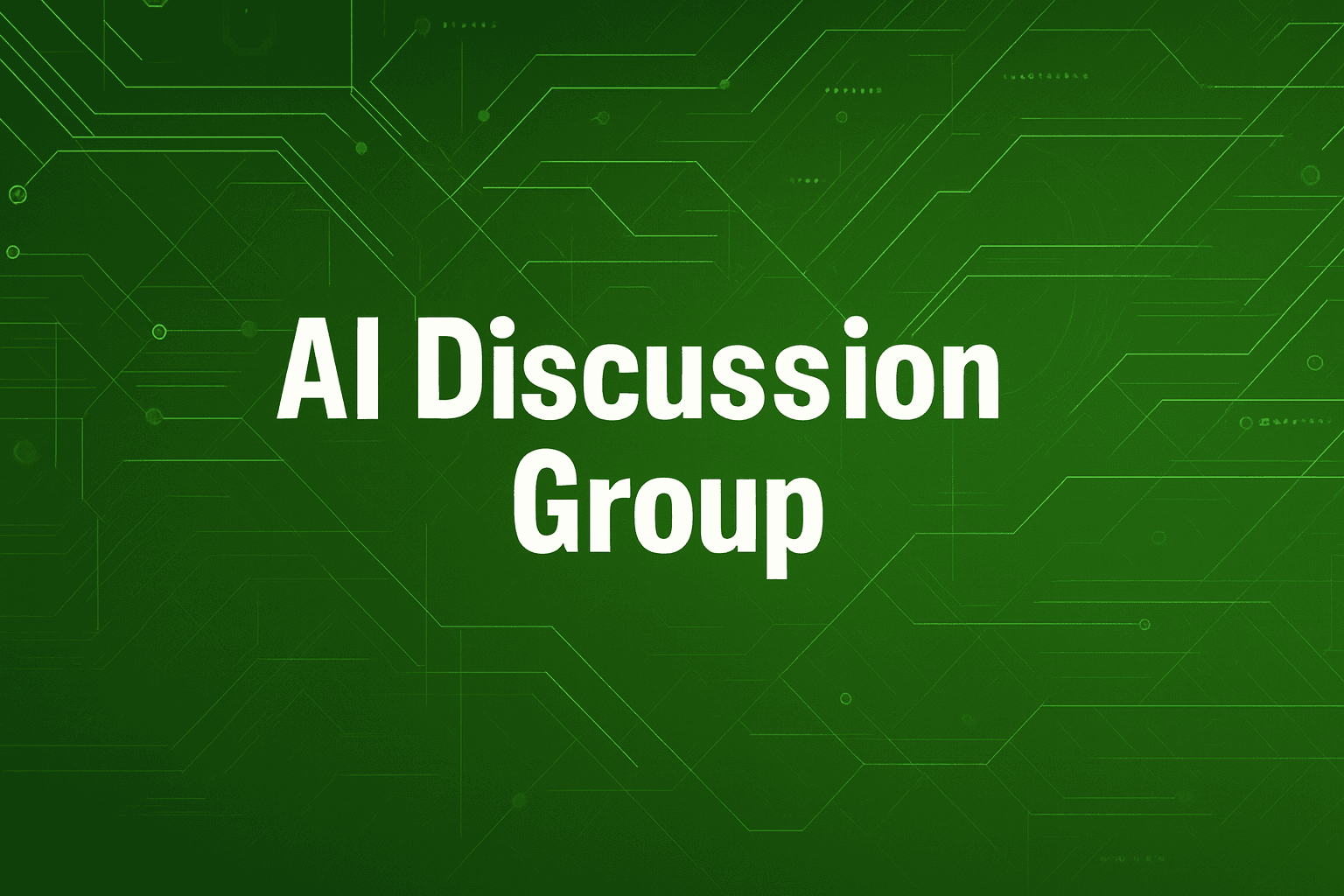Be the first to know when registration opens for the next Inside AI with Econify session.
Inside AI
AI Working Group 3/28 Recap: The Future of SEO, AI Monetization, and a New Tool for Pitch Decks
Mon, Apr 7, 2025

Our latest AI Working Group session explored several fascinating topics at the intersection of AI and business, from the changing landscape of search to innovative tools reshaping how we work.
The Evolving SEO Landscape
The group tackled a pressing question: how will SEO change as AI assistants increasingly answer questions directly? One participant noted that some forward-thinking websites are creating specialized endpoints with structured Markdown data specifically for AI models. Others debated whether traditional JSON-LD schemas remain relevant or if LLMs are bypassing them entirely. While no definitive conclusions were reached, it's clear that businesses will need to adapt their SEO strategies to maintain visibility in an AI-driven search ecosystem.
Takeaway: Websites should consider creating AI-specific endpoints with structured data to remain visible as search behavior shifts.
AI Search Tools: The Personal Favorites
Members shared their preferred AI search tools and workflows, including methods of using Claude and Perplexity in sequence. Participants discussed tools like Raycast AI, which offers access to multiple models with customizable prompts, and Typing Mind for similar functionality. Despite the proliferation of options, the group agreed that no single tool currently addresses most use cases effectively.
Takeaway: Different AI tools serve different purposes—the ideal workflow often involves combining multiple specialized tools rather than seeking a single solution.
The AI Monetization Puzzle
How will AI-driven search be monetized? One participant predicted that advertising will inevitably make its way into AI interfaces, similar to traditional search engines. Another shared insights from CMS industry leaders who are still struggling to develop effective monetization strategies for AI. The discussion revealed tension between innovation potential and privacy concerns, with members expressing worries about AI's profiling capabilities and interest in exploring AI data collection's privacy implications.
Takeaway: Even industry experts are struggling to develop sustainable business models for AI products beyond the subscription approach.
AI in Hardware: The Next Frontier
The conversation turned toward AI-hardware integration, with the suggestion that companies successfully bridging this gap will gain significant competitive advantages. This led to a surprising revelation that some car manufacturers can detect intimate activities using vibration sensors—a disclosure that certainly raised eyebrows!
Takeaway: Companies that successfully integrate AI with physical devices will gain significant competitive advantages in the market.
Spotlight on Gamma: AI for Presentations
In the session's tool spotlight, members discussed Gamma—an AI-powered solution that generates presentation decks from simple prompts. Users can specify format, theme, and image style preferences, with suggestions to use Markdown to outline slides before feeding them into Gamma. While some members were excited about streamlining their workflow, others questioned whether AI-generated presentations could truly replace human creativity.
Takeaway: AI presentation tools like Gamma can dramatically reduce the time required to create professional-looking slide decks, though human creativity remains valuable.
The session demonstrated that as AI continues to transform various aspects of business and daily life, professionals are actively experimenting with new tools and strategies while navigating the balance between innovation and ethical considerations.